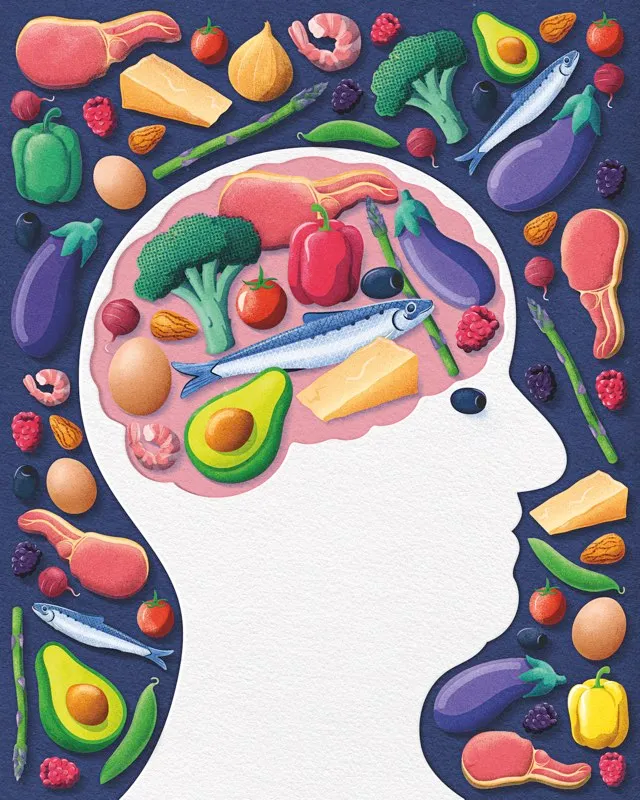Diets come and go, but one that seems to have more sticking power than most is the Keto diet. This is a very low carbohydrate diet, which involves higher consumption of fats and proteins to compensate.
In many ways, the Keto diet is simply a reinvention of the Atkins diet, which in turn was a reinvention of the Banting diet. This diet was named after William Banting, an obese Victorian undertaker who in 1863 published his famous Letter On Corpulence, outlining the benefits of cutting down on carbs. The Keto diet has its critics, but there is evidence that, at least in the short term, it can help with weight loss and may be beneficial in treating type 2 diabetes.
Read more from Michael Mosley:
When you drastically cut your carbs, your body switches to using fat as a fuel source, in the course of which it generates ketones. The brain can use these as a source of fuel, along with glucose. In some way, the brain seems to benefit from this switch. We have known for a long time that a low carb diet can be effective in the treatment of epilepsy.
Fans of the Keto diet will also be delighted by the results of a new study published in the Journal Of Alzheimer’s Disease showing that it may be beneficial for people who are showing early signs of cognitive decline. These claims are based on a small pilot study of 14 older adults with mild cognitive problems, nine of whom researchers from Johns Hopkins University School of Medicine put on a modified Atkins diet (MAD). The other five people went on a standard, ‘healthy’ diet.

The volunteers on the MAD diet were asked to stick to less than 20g of carbs a day, with no restriction on calories. A typical US diet contains more like 250g of carbs a day. To check they were sticking to the diet, the volunteers had regular checks of their urine using keto sticks. These measure unused ketones, which are excreted in your urine.
So how did the MAD dieters get on? Well, both groups were asked to complete numerous cognitive and memory tests before starting their diets, at six weeks and then again at 12 weeks. The researchers found that there were significant improvements on memory scores, but only in the MAD group. The improvements in memory coincided with peaks in the volunteers’ ketone levels, as measured by their urine.
Dr Jason Brent, who is professor of psychiatry at Johns Hopkins University School of Medicine, and the lead researcher in the study, thinks that the results are promising. He wants to see if a milder version of this approach, supplemented with ketone drinks, would be just as effective.
While I’m not yet ready to give up eating bread entirely, I await the results of further studies with great interest.
Follow Science Focus onTwitter,Facebook, Instagramand Flipboard
